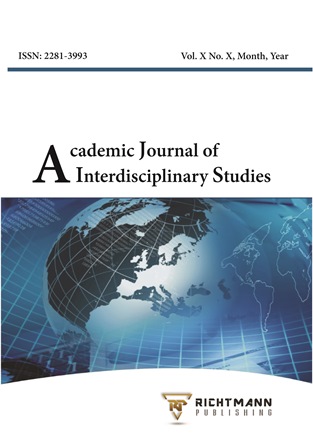Accuracy and Problems of Machine-Based Translation in Contrast to Human-Based Translation when Rendering Health Awareness Texts Versus Poetry Texts
DOI:
https://doi.org/10.36941/ajis-2023-0108Keywords:
Machine Translation, Health Awareness, Human-based Translation, Poetry, Accuracy, Semantic, Literary, Social, Culture, Machine LearningAbstract
The aim of this article is to examine the accuracy of machine-based translation in contrast to human-based translation from Arabic into English only and not vice-versa. Through their own experiments, the authors compared the findings to findings of some other researchers in this field. The article deals with machine-based translation between these two distant languages in the context of different types of topics, mainly medical language (Health Awareness Texts) as a scientific translation publicly published texts, and literature language (Ancient Arabic Poetry Stanzas) as a literary translation non-publicly published texts according to the authors’ experiments and data analysis. The data of the first type group were collected from various materials used in translation projects at King Fahad Hospital of Imam Abdulrahman Bin Faisal University while the second type data were selected from an article previously published by the first author but not available publicly or translated. Per the methodology, the authors used words errors rate equation (WER) after the translation has been thoroughly investigated by two external professional translators. The results of the study show that machine-based translation has its advantages but still does not totally replace human role in translating from Arabic to English because the outcome still requires deep editing.
Received: 10 March 2023 / Accepted: 16 June 2023 / Published: 5 July 2023
Downloads
Downloads
Published
Issue
Section
License

This work is licensed under a Creative Commons Attribution-NonCommercial 4.0 International License.
This work is licensed under a Creative Commons Attribution-NonCommercial 4.0 International License.








